Keywords: Catholic Health Care
There are more than 200 results, only the first 200 are displayed here.
-
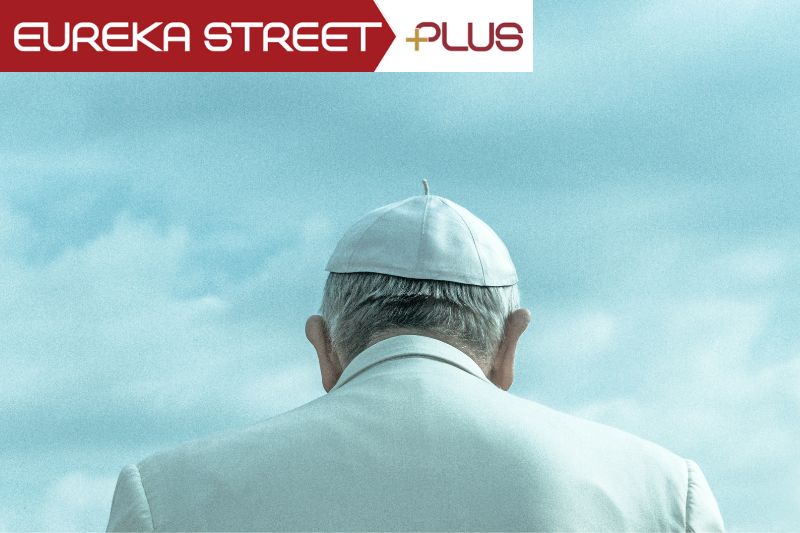
RELIGION
- Geraldine Doogue, Greg Craven, John Warhurst, Julian Butler
- 17 June 2022
3 Comments
After four years, the Fifth Plenary Council of Australia is nearly at a close with the second and final assembly in July. So what has been the significance of the Plenary Council so far, and what can we expect from the final session? In this Roundtable, Geraldine Doogue, John Warhurst, Greg Craven and Julian Butler reveal their hopes and expectations for the process and discuss likely outcomes.
READ MORE 
-
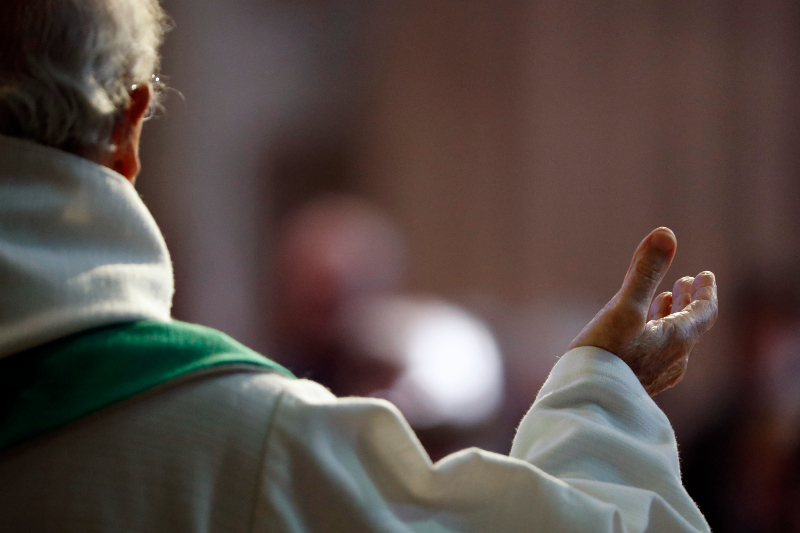
RELIGION
- Andrew Hamilton
- 03 May 2022
9 Comments
We should not underestimate the difficulty that people who represent independent branches of the same organization face when drawing up an agreed statement on contentious issues. Even the widely applauded Uluru Statement from the Heart did not secure the support of all Indigenous groups. If the Bishops Statement was to be effective it had to be supported, or at least tolerated, by all members of the Conference, despite their differing views about political and church issues and the priority that should be given to them in advocacy.
READ MORE 
-
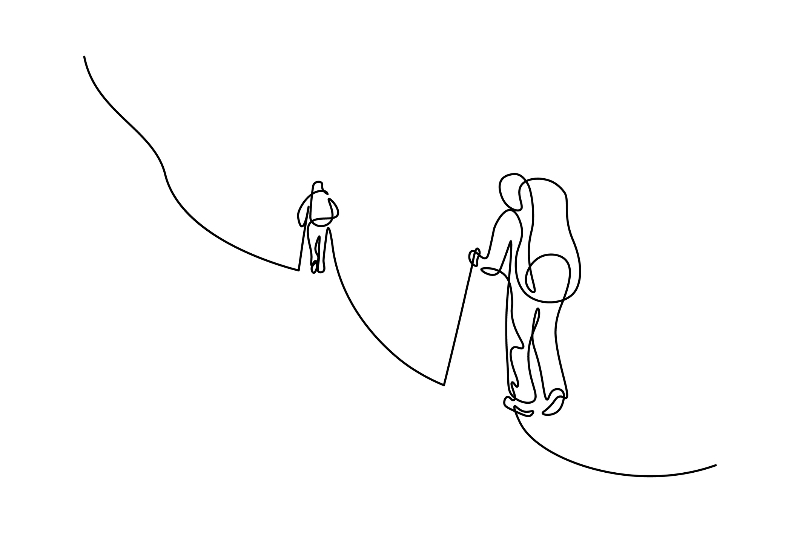
RELIGION
- Barry Gittins
- 14 April 2022
10 Comments
As a kid, all I wanted was answers. As soon as I’d get one, I’d chase the next. Nowadays, I’m happy with holding onto questions. Rephrasing, examining, thinking. The answers I have don’t always add up, and my mania for meaning, for definitive proof, is abating. I am increasingly aware that all of us, regardless of creed, creditworthiness, consciousness or credentials, lack definitive answers to life’s mysteries.
READ MORE 
-
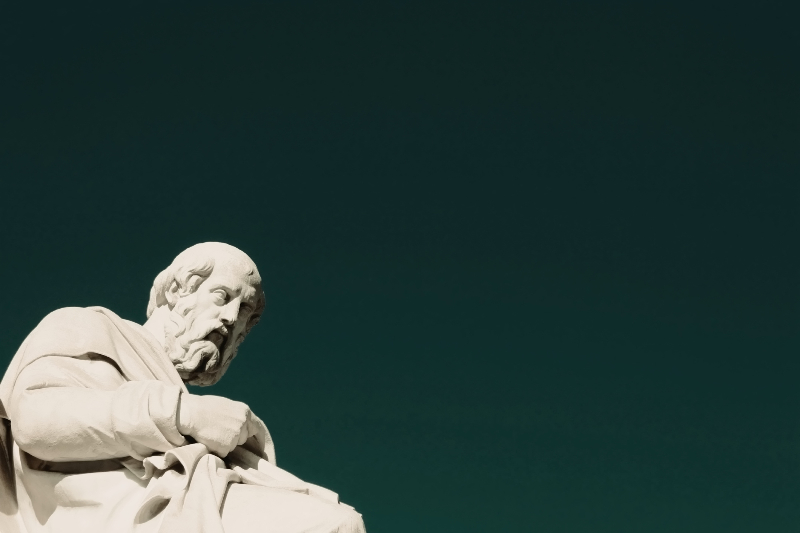
RELIGION
- Gerry O'Neill
- 17 February 2022
13 Comments
At a time when the Catholic Church is being invited to greater humility by the Plenary Council and greater synodality by Pope Francis it may be prudent to acknowledge both the richness and limitations of human knowing, especially when it comes to matters concerning ultimate reality.
READ MORE 
-
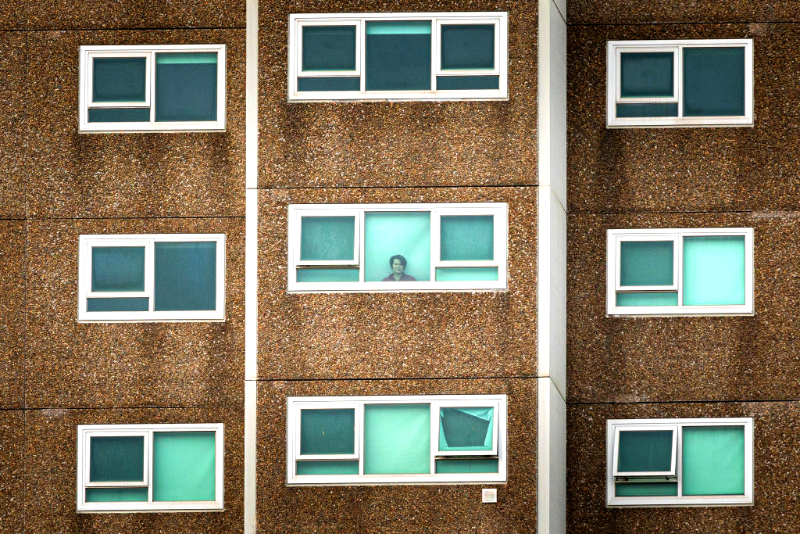
AUSTRALIA
- Brigid Meney
- 31 January 2022
18 Comments
When COVID-19 first arrived, it was described as the great equaliser. Infection could happen to anyone. Your race, creed, or the balance of your bank account didn’t matter to the virus that was spreading. But after a summer of dodging the virus and hunting for rapid tests, it is abundantly clear this isn’t a pandemic of equals. Now we have the data which quantifiably measures just how Australia's socio-economic fault lines were exposed and exacerbated by COVID-19.
READ MORE 
-

AUSTRALIA
- Greg Craven
- 25 January 2022
53 Comments
One reasonably could ask whether this is the moment to write a book about the potential of Catholic Social Theory to contribute to Australian politics and policy. After all, the Church is still struggling to come to terms with decades of child abuse, hardly a recommendation for social potential. We currently also are attempting to make sense of a Plenary that is both confused and confusing.
READ MORE 
-
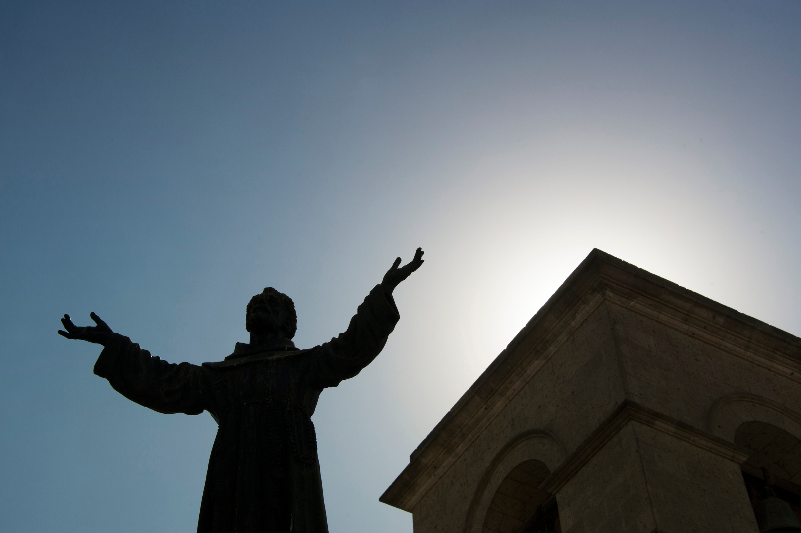
FAITH DOING JUSTICE
- Andrew Hamilton
- 29 September 2021
7 Comments
In the Catholic calendar the Feast of St Francis of Assisi falls on next Tuesday. Although he gave up on wealth, power and influence Francis probably had a bigger effect on his world than any of his contemporaries. He continues to attract people to challenge the values of our society and to spark renewal in Christian institutions at the risk of going stale.
READ MORE 
-

AUSTRALIA
- Frank Brennan
- 15 September 2021
22 Comments
The Queensland parliament, like the Victorian parliament four years ago, is committed to legislating for voluntary assisted dying. The bill being considered by the one-chamber Queensland parliament this week basically follows the contours of the Victorian legislation. But there are three major developments proposed that are very worrying in this new field of social experimentation.
READ MORE 
-
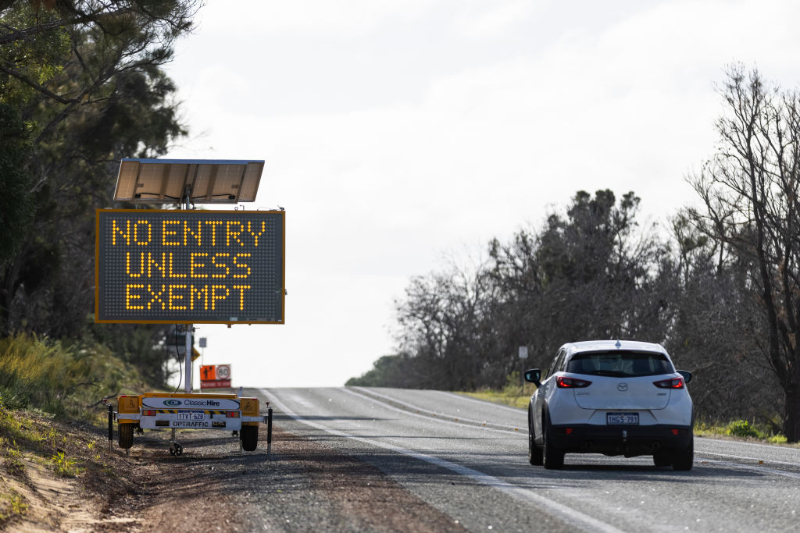
AUSTRALIA
- Frank Brennan
- 09 September 2021
5 Comments
Clive Palmer is one Australian wanting to smash border restrictions during this time of pandemic. He is threatening to go back to the High Court seeking recognition of his right as an Australian citizen to travel freely between the States. In particular he claims the right to enter Western Australia where he has significant mining interests.
READ MORE 
-
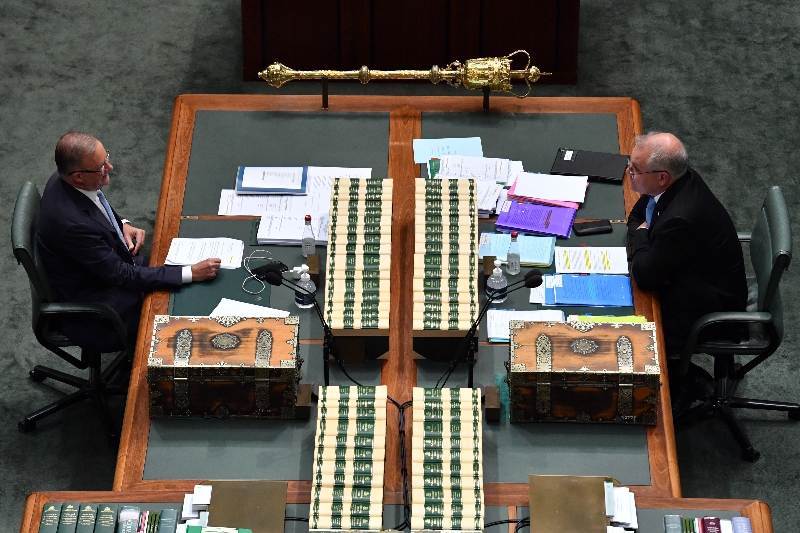
ECONOMICS
- Chris Smith
- 31 August 2021
11 Comments
In July, Anthony Albanese announced a significant change of stance on Labor tax policy which was disappointing, if not surprising. An elected Labor government, Albanese promised, would keep the coming high income tax cuts he previously opposed. This decision to not oppose the government proposal to restructure the income tax system through reduced marginal rates is supporting a government policy that will lead to a significant redistribution of wealth towards high income earners.
READ MORE 
-

AUSTRALIA
- John Watkins
- 19 August 2021
8 Comments
Since its unwelcome arrival over a year ago, the COVID-19 pandemic has presented us with a range of moral and ethical quandaries — some hypothetical, some deeply pragmatic.
READ MORE 
-

AUSTRALIA
- Joel Hodge
- 10 August 2021
13 Comments
Whatever one thinks of the Census21 campaign, I agree with the implicit aim: all people should be honest in answering the Census questions. It doesn’t matter whether one is affiliated to a major religion, no religion, or has another spirituality not listed, it is crucial that we give compete answers that reflect our real lives.
READ MORE 